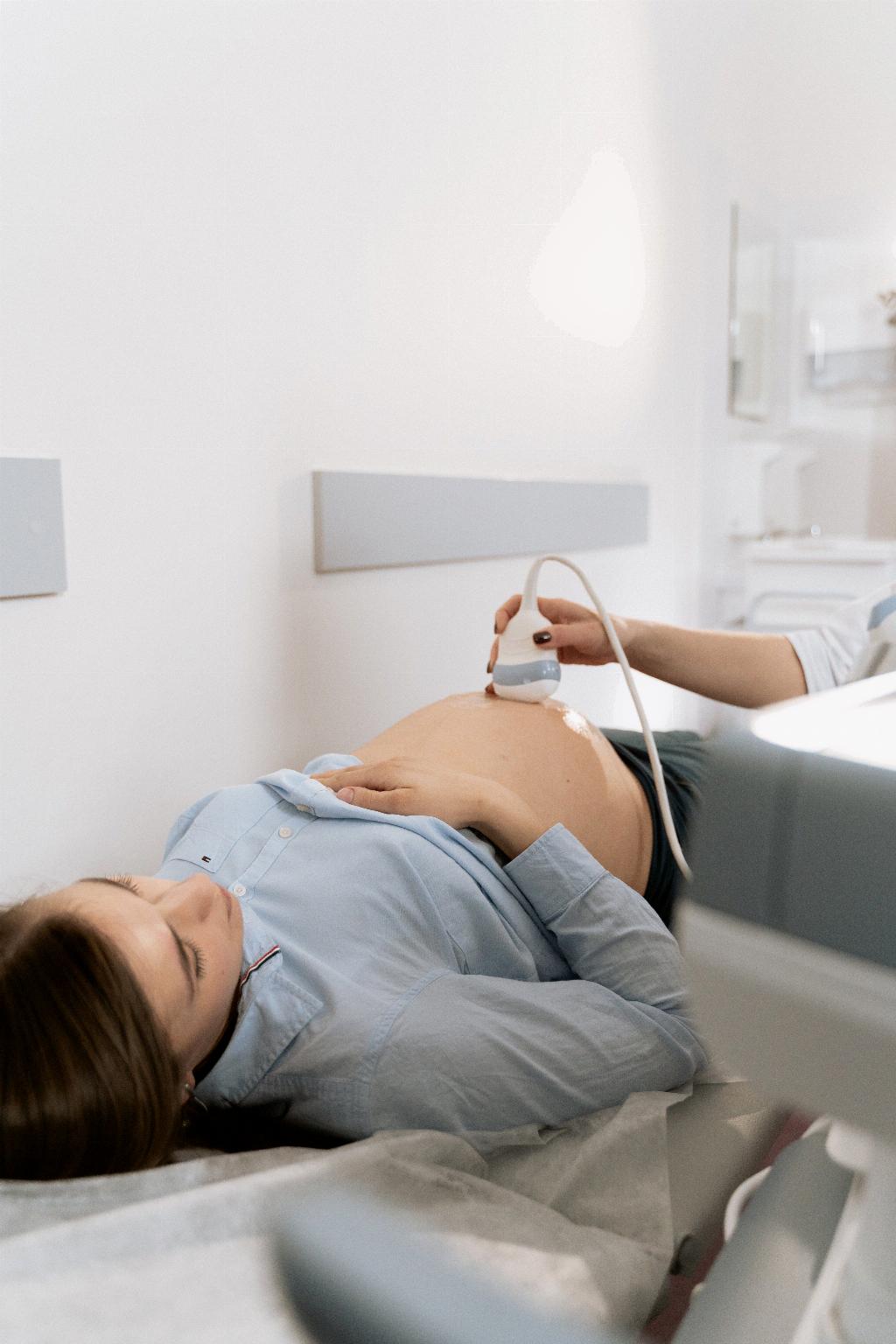When it comes to pregnancy, one of the routine tests that expectant mothers undergo is the glucose test. This test is typically performed between 24 to 28 weeks of pregnancy to screen for gestational diabetes, a condition that can develop during pregnancy and lead to various complications if left unmanaged.
The Two-Step Process
The glucose screening test is usually done in two steps. The first step involves drinking a sugary solution and having your blood drawn after an hour to measure your blood glucose levels. If the results of this initial test indicate elevated glucose levels, further testing may be required.
Significance of Elevated Glucose Levels
If your blood glucose level exceeds the threshold of 140 mg/dL after the one-hour test, your healthcare provider may recommend a more comprehensive three-hour test to get a clearer picture of your glucose tolerance. Crossing the 190 mg/dL mark after the one-hour test typically leads to a diagnosis of gestational diabetes.
Implications of a Gestational Diabetes Diagnosis
Gestational diabetes poses risks not only to the mother but also to the baby. It can lead to complications such as macrosomia (large birth weight), hypoglycemia in the newborn, and an increased likelihood of the need for a cesarean delivery. Managing gestational diabetes is crucial to reduce these risks.
Importance of Follow-Up Testing
If you receive a diagnosis of gestational diabetes, your healthcare provider will likely recommend ongoing monitoring of your blood glucose levels. This may involve dietary changes, exercise, and in some cases, insulin therapy to keep your blood sugar in check throughout the remainder of your pregnancy.
Collaborative Care Approach
Working closely with your healthcare team is essential if you’re diagnosed with gestational diabetes. Regular prenatal visits, consultations with a nutritionist or dietician, and communication with a diabetes educator can all play a role in effectively managing the condition.
Effects on Pregnancy and Birth
Untreated or poorly managed gestational diabetes can result in complications during pregnancy, including preeclampsia and an increased risk of needing a cesarean section. Controlling your blood sugar levels is key to reducing these risks and ensuring a healthy pregnancy and delivery.
Postpartum Considerations
While gestational diabetes typically resolves after giving birth, it’s important to undergo postpartum screening to ensure that your blood sugar levels have returned to normal. Women who have had gestational diabetes are at higher risk of developing type 2 diabetes later in life.
Long-Term Health Implications
Having gestational diabetes can also have implications for your long-term health. It’s essential to attend follow-up appointments with your healthcare provider and undergo regular checks to monitor your glucose levels and overall health in the years following your pregnancy.
Emotional Well-Being
Coping with a diagnosis of gestational diabetes can be challenging, both physically and emotionally. It’s normal to feel anxious or overwhelmed, but remember that with the right support and guidance from your healthcare team, you can successfully manage the condition and have a healthy pregnancy.
Support Systems
Seeking support from your partner, family, friends, or online communities for women with gestational diabetes can be immensely beneficial. Connecting with others who have gone through a similar experience can provide reassurance, practical tips, and emotional support during this time.
Final Thoughts
In conclusion, failing your pregnancy glucose test and being diagnosed with gestational diabetes may initially bring about concerns, but with proactive management, support from healthcare professionals, and lifestyle modifications, you can navigate this journey successfully and prioritize your health and the well-being of your baby.

